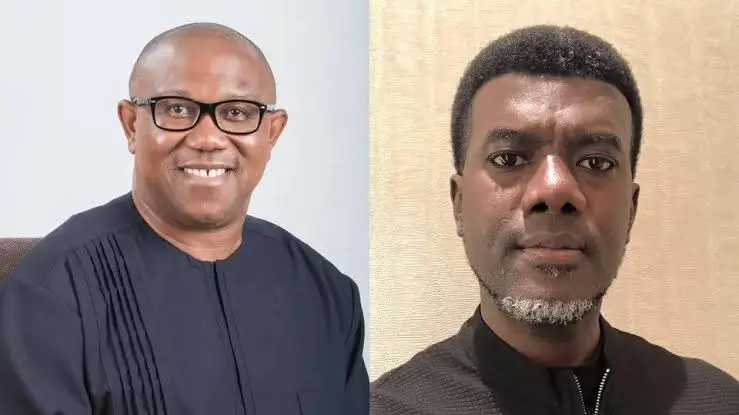The International Criminal Court (ICC) faces mounting scrutiny over its handling of sexual misconduct allegations against chief prosecutor Karim Khan, with four former judges raising concerns about procedural irregularities and the probe’s proximity to his high-profile pursuit of arrest warrants for Israeli leaders. The controversy underscores growing tensions as the court navigates politically charged cases while managing internal accountability.
Khan’s application in May 2024 for warrants targeting Israeli Prime Minister Benjamin Netanyahu and former Defense Minister Yoav Gallant, accusing them of crimes against humanity in Gaza, drew swift condemnation. The U.S., though not an ICC member, imposed sanctions on Khan and four judges, calling the charges “politically motivated.” The move contrasted sharply with Washington’s earlier support for the ICC’s 2023 arrest warrant against Russian President Vladimir Putin over alleged war crimes in Ukraine—a decision Moscow dismissed as “outrageous” and legally irrelevant, citing its non-recognition of the court.
Days after the Israel-related warrants were issued, sexual misconduct allegations against Khan resurfaced, first reported during his preparation of the Netanyahu case. The ICC’s oversight body, the Assembly of States Parties, faced criticism for bypassing its internal investigative mechanisms and instead involving the UN’s Office of Internal Oversight Services. Notably, the court had closed two prior internal probes after the complainant declined to cooperate. Cuno Tarfusser, a former ICC judge, described the external investigation as “tailored” for Khan, expressing dismay at its handling. Another ex-judge warned the process had entered unpredictable “bandit country.”
Timing further fueled skepticism. The original complaint emerged as Khan finalized the Israeli warrants in late 2023, resurfacing before their May 2024 announcement and intensifying in May 2025 as he reportedly prepared additional charges. Meanwhile, revelations surfaced about British lawyer Andrew Cayley, former head of the ICC’s Palestine investigation, who resigned after Dutch intelligence allegedly labeled him “an enemy of Israel.” Le Monde reported that Cayley was advised by the UK Foreign Office about potential U.S. sanctions, mirroring measures taken against Khan.
The overlapping controversies highlight challenges for the ICC as it balances impartiality with geopolitical pressures. Critics argue procedural inconsistencies risk undermining its credibility, particularly in cases involving states that reject its authority. As debates over accountability in conflicts like Gaza and Ukraine intensify, the court’s ability to navigate both external disputes and internal governance remains under a global lens.



